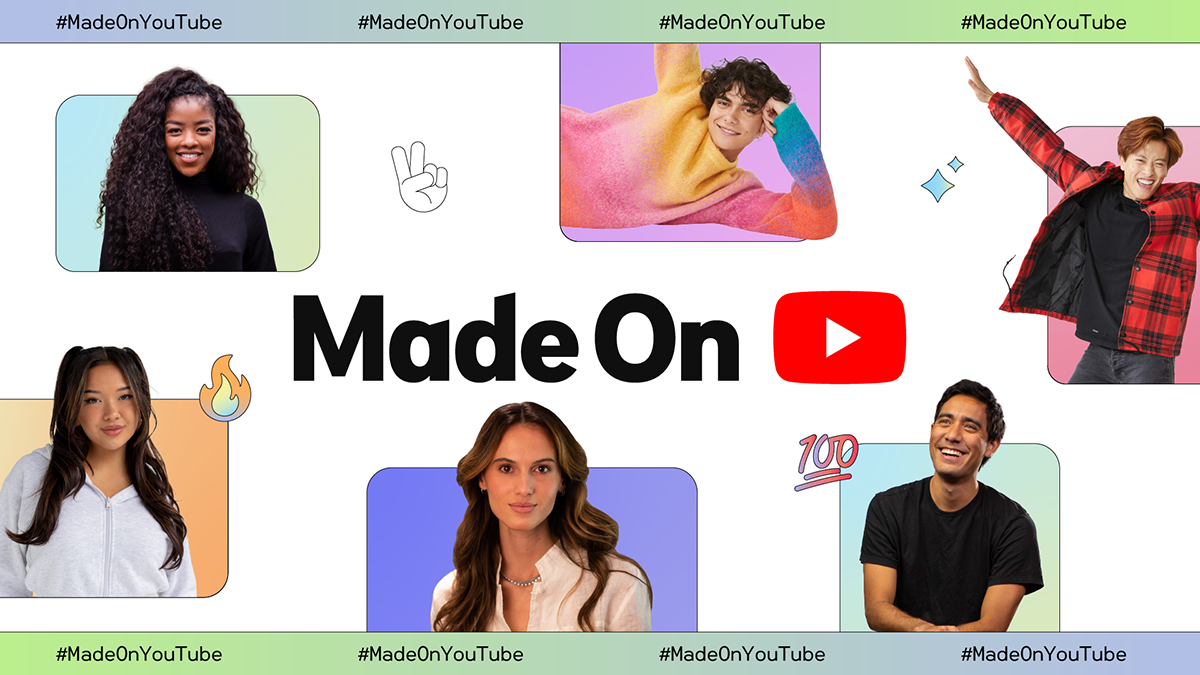Before I dive into this, let's talk about the chaos caused by a social media influencer's (or should we call him a creator?) giveaway a few weeks back in Union Square, NYC.
Kai Cenat, the mega-popular Twitch streamer, announced a giveaway on Twitch — multiple PS5s, game consoles, headphones, and $100 gift cards to fans on August 4 at 4 PM ET in Union Square.
Now, Kai anticipated a modest turnout of around 500 people, but guess what? Thousands of fans showed up, and things quickly spiraled out of control even before Kai arrived. 🤯
"If your giveaways can cause a riot, then you've truly made it as a creator," quips Shubham Tiwari, Community Manager at Thousand Faces Club.
To which creator Shreevar Chhotaria adds, “You just can't rely on follower count as that equitable thing is not there anymore. Two people can have the same amount of followers but the following that they have can be vastly different. This is a big lesson for everyone in the ecosystem: we need to understand the pull of the creators, again which is intangible and intuitive,” as they delve into this event in our latest deep dive episode.
Watch the entire conversation. 👇
“I’ve come to realize the amount of not only power but influence that I have on people,” says Kai Cenat, reflecting on the incident a few days later.
For those wondering if Kai ended up actually giving anything away...well, not quite. He's definitely facing charges for inciting a riot, though.

If he knew the full extent of his influence, do you think he have turned it into a peaceful win-win situation? Perhaps, he would've!
Last December, when entrepreneur and creator Steven Bartlett launched his product called The Diary, I bought it without thinking twice.
Now, whether the product lived up to my expectations is a story for another day. But the point I'm trying to convey is: creators DO have an impact.
They indeed influence your purchases; look around yourself, I'm sure we've all picked stuff creators recommend. 🥸
But wait, should I just call them influencers? Aren't they the same?
Well, not exactly. 🤷♀️

👉 Also read: Are influencers making you shop more?
What sets influencers and content creators apart?

It all boils down to their primary focus and connection with their audience. And of course, their influence!
Content creators are passionate about creating. They focus on being relatable and building a connection.
While influencers are more focused on engagement and strategically collaborating with brands. Their collaborations become an essential income source, with the aim of organically promoting products to maintain credibility with their followers.
Influencer marketing Vs. UGC

Of course, brands realize influencers can boost their product sales when done right, which is why the average spend on influence marketing is increasing YoY.
In fact, 67% of businesses intend to increase their influencer marketing spend in 2023, with 23% planning on spending more than 40% of their marketing budget on influencers.

Creator content or UGC does pretty much all that, but it's more impactful and can be used in omnichannel marketing efforts.
And just as brands are getting the hang of influencer marketing and all its lingo, I've seen that many influencers prefer to be called creators nowadays.

Consumers now have access to and connect with real individuals producing their own content.
78% found new products via creators' videos; 73% bought due to them. The trust in creators is evident, benefiting them. On the other hand, 47% of consumers (or should I say internet police?) are growing weary of seeing the same sponsored content repeatedly from influencers.
This shift has prompted many content creators, including Mr. Beast, KSI and Logan Paul, to transition successfully into brand ownership or a creator-driven DTC.
Is there still hope for influencers in this scenario?
Absolutely.
The de-influencing trend provides a chance to restore the balance by actively endorsing products to avoid, alongside those worth buying.
Two trends I'd love to de-influence would be buying cheap clothes every other day from brands (like Shein or Fashion Nova) to stay trendy. And honestly, the $600 Dyson airwrap? I mean, do we really need a hairdryer that costs as much as a plane ticket? 👀
The real game-changers are honesty, authenticity, and uniqueness — these are what truly sway user choices.
Yet, it's not only influencers feeling the heat. Even with their immense influence, some celebrities struggle to find success in their beauty or lifestyle brand ventures.
Take Lady Gaga's Haus Beauty for example. Despite her boundary-pushing reputation and extensive promotion, the brand faced challenges in connecting with consumers and distinguishing itself within a competitive market.
As content creators shift towards promoting their own products, brands that used to team up with them might now find themselves facing tougher competition within their industry.
And while the influencer and content creator industry continues to evolve, a new phenomenon is emerging — Geninfluence, creators who are more focused on sharing information on their passions and making an impact in their direct communities.
👉 Read more about it here.
With the ongoing trend, I think there will be a push toward establishing and nurturing audience loyalty and owning a brand or domain where you call the shots on marketing, design, and income.
That being said, what do you call yourself, a creator, an influencer, or a Geninfluence (that is if you’re a GenZ, of course)?
Hit reply and let me know!

.svg)








































































































.svg)

